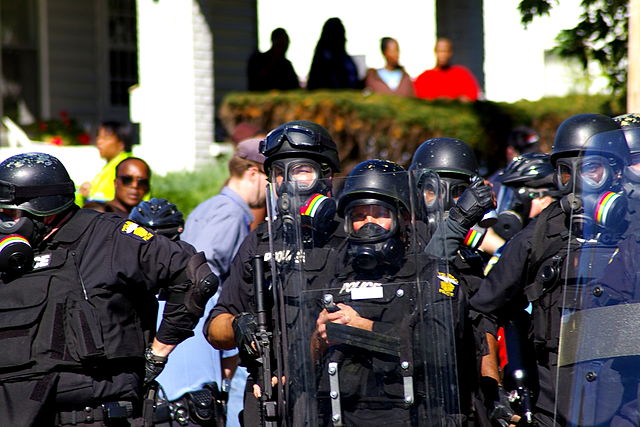US Conservatives Seem Guilty of Its Own Form of Being “Woke”

In the realm of modern American politics, a peculiar paradox has emerged: those who proudly mock “triggered” liberals often find themselves at the center of heated controversies and vocal outbursts. While the “Make America Great Again” (MAGA) types have made a reputation for ridiculing the “liberal masses,” recent events suggest that it is, in fact, conservatives who have become more prone to throwing tantrums.
The Rise of Triggered Politics
In the era of social media, political discourse has taken on a new dimension, with “triggered politics” becoming a buzzword. And it shows up in both parties. It refers to the phenomenon of individuals getting disproportionately upset or outraged over trivial matters. Traditionally, conservatives have derided liberals for being easily triggered by differing opinions or harmless jokes. However, in recent years, the tables seem to have turned. From protests against COVID-19 safety measures to vehement opposition to progressive policies, conservative voices have exhibited behaviors that closely resemble the very caricature they mock.
Conservative Outbursts: A Case Study
A prime example of conservative tantrums is the response to the Black Lives Matter movement. While some conservatives have engaged in constructive dialogue, a vocal segment has resorted to outrage and even violence. Instances of counter-protests turning confrontational and racist rhetoric aimed at marginalized communities demonstrate a lack of tolerance for opposing views. Moreover, reactions to peaceful demonstrations and calls for police reform have been characterized by an unwillingness to listen, dismissing legitimate concerns as baseless “liberal propaganda.” These patterns of behavior reveal a striking inconsistency between conservative rhetoric and their actual responses to dissent.
The Polarization Problem
The polarization of American politics has undoubtedly played a significant role in triggering conservative outbursts. As ideological divisions deepen, the need for nuance and empathy is often overshadowed by a desire for dominance and validation. The echo chambers of social media platforms exacerbate this issue, perpetuating an “us versus them” mentality. The resultant emotional intensity has fueled a cycle of anger, where conservatives feel marginalized and under attack, leading to an increasingly reactive and confrontational approach.
Conclusion: While the term “triggered” has been frequently wielded as a political weapon against liberals, the reality of contemporary politics is beginning to paint a different picture. The recent surge in conservative tantrums exposes a deep-rooted frustration and a failure to effectively engage with opposing viewpoints. It is essential to recognize that both sides of the political spectrum can fall prey to emotional outbursts and rigid thinking. To bridge the divide and foster meaningful dialogue, it is crucial for all individuals, regardless of their political leanings, to practice empathy, active listening, and a willingness to engage with differing perspectives. Only then can we move towards a healthier and more constructive political landscape.



 The Flim Flam Chronicles Episode 10: “Ralph Reed’s Nasty Smear Campaigns”
The Flim Flam Chronicles Episode 10: “Ralph Reed’s Nasty Smear Campaigns”  Nikki Haley Ends Her Presidential Campaign
Nikki Haley Ends Her Presidential Campaign  Were These Military Service Members Named After a Marvel Movie?
Were These Military Service Members Named After a Marvel Movie?  Recent Reports Suggest Ukraine Might Be Behind Tucker Carlson’s Firing
Recent Reports Suggest Ukraine Might Be Behind Tucker Carlson’s Firing  Joe Biden Announces His Running for Reelection
Joe Biden Announces His Running for Reelection  Made in the USA — Bringing Affordable Quality Back to US Consumers
Made in the USA — Bringing Affordable Quality Back to US Consumers  Practical Recommendations for Losing Weight
Practical Recommendations for Losing Weight  Take a Breath
Take a Breath  Can Stories Change the World?
Can Stories Change the World?  Enhance Your Identity When Caregiving – Grow Stronger, Not Embittered
Enhance Your Identity When Caregiving – Grow Stronger, Not Embittered